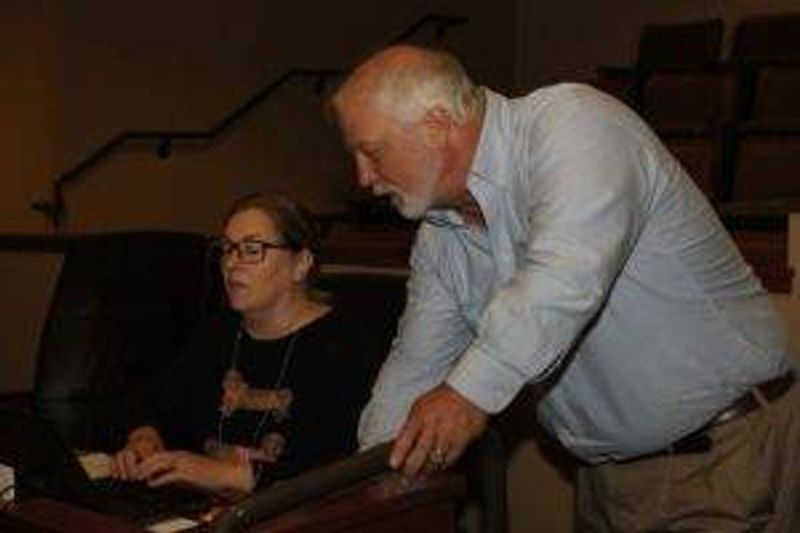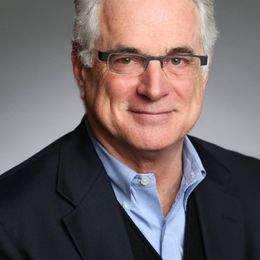Yes, You Can Start a Business in Retirement
Here's why entrepreneurship is booming for older boomers
Entrepreneurship is often viewed as an elite venture reserved for superstars of Silicon Valley and other risk takers blessed with a rare combination of youth, insight, pluck and luck. So if you’ve toyed with the idea of starting a part-time business in retirement, you might have concluded: Nahhh.
The reality about entrepreneurship, however, is largely a mirror image of the stereotype. Older Americans are actually well suited to join the start-up culture, whether they are pushed into starting a business in retirement (a layoff, age discrimination) or pulled into it (pursuing a dream, wanting to be the boss). And it’s getting easier, as I’ll explain below.
By definition, older workers bring decades of experience and networks of contacts they’ve developed over the years. Older households frequently have more money to tap than younger ones. And, of course, you’re never too old to innovate and create. Fact is, self-employment can be a savvy way to phase into retirement — embracing a part-time, flexible work schedule.
Older People Have an Entrepreneurial Edge
“Older people with experience have an entrepreneurial edge in a knowledge-based economy,” says Ting Zhang, economist and associate director at the Jacob France Institute in the Merrick School of Business at the University of Baltimore.
There is nothing “rare” or “exceptional” about entrepreneurship, either. That’s what columnist Emma Jacobs recently concluded, reflecting on five years writing a weekly column for The Financial Times, Working Lives. “Conducting hundreds of interviews in researching these articles, I have been constantly surprised by the entrepreneurial spirit of ordinary people,” Jacobs writes.
The range of businesses “ordinary people” start is remarkably diverse, too. “The last 20 years we’ve really adopted the Silicon Valley image of entrepreneurship, but it’s one specific, narrow type of entrepreneurship,” says David Deeds, Schulze professor of entrepreneurship at the University of St. Thomas in Minneapolis. But in reality, Deeds adds, “You see people of all ages trying all kinds of things.”
The Rise of 55+ Entrepreneurs
Don’t get me wrong. Starting a business is hard work, with plenty of stressful nights wondering if your idea will find a market and whether invoices will get paid. Still, the numbers support the view that entrepreneurship is a sensible course for many older Americans looking for meaning and money.
For instance, although 55-to-64-year olds made up roughly 15 percent of new entrepreneurs in the 1997 Kauffman Index of Entrepreneurship, that figure swelled to 24 percent in Kauffman’s 2016 index. (Start-up activity among 20-to-24-year-olds fell from 34 percent to 25 percent over the same time period.)
And according to the U.S. Bureau of Labor Statistics report, Self-Employment in the U.S., the self-employment rate among workers 65 and older (who don’t incorporate) is the highest of any age group in America: 15.5 percent. In sharp contrast, it’s 4.1 percent for ages 25 to 34. Looking ahead, another factor could boost the attractiveness of “retiring” into entrepreneurship: A rich, growing ecology of knowledge, advice and support for would-be entrepreneurs.
An EIX Entrepreneurship Conference Theme

The rise of an entrepreneurship ecology over the past three decades was, in fact, one of the key themes at the 2016 Entrepreneur & Innovation Exchange Conference (EIX) I attended Sept. 10 at the Schulze School of Entrepreneurship of the University of St. Thomas. Richard Schulze, the 75-year-old founder of Best Buy and namesake of the St. Thomas school, presided over a number of sessions geared toward bringing entrepreneurship scholars and entrepreneurs closer together.
According to the Kauffman Foundation, in 1975, colleges and universities offered around 100 formal majors, minors and certificates in entrepreneurship. By 2008, there were more than 5,000 entrepreneurship courses, and over the past several years, entrepreneurship has been the fastest-growing curricular, co-curricular and extracurricular activity on college campuses.
How Colleges Nurture Older Entrepreneurs
Of course, these courses are largely geared toward students. But Ivory Tower entrepreneurship centers are increasingly linked into local communities, as cities and towns welcome ways to nurture entrepreneurs. There are now also nearly 1,000 Small Business Development Centers housed at colleges and state economic development agencies providing free business consulting and low-cost training.
The people involved in these centers often forge connections to encourage entrepreneurship — including among older Americans. Tapping into the resources available in the local entrepreneurial ecology boosts the odds of success.
In my reporting about entrepreneurship over the past few years, I’ve started wondering if America is having a back-to-the-future moment when it comes to retirement and work. At the turn of the century, says Richard Sutch, economic historian at the University of California, Berkeley, the self-employment rates for the male labor force rose with age, from virtually zero at age 16 to over 30 percent by age 70, he adds.
Self-employment may well have been a form of partial retirement or phased retirement for a significant portion of Americans in the pre-Social Security age. Similarly, entrepreneurship today may hold the most attractive combination of meaning and money for an aging population.



